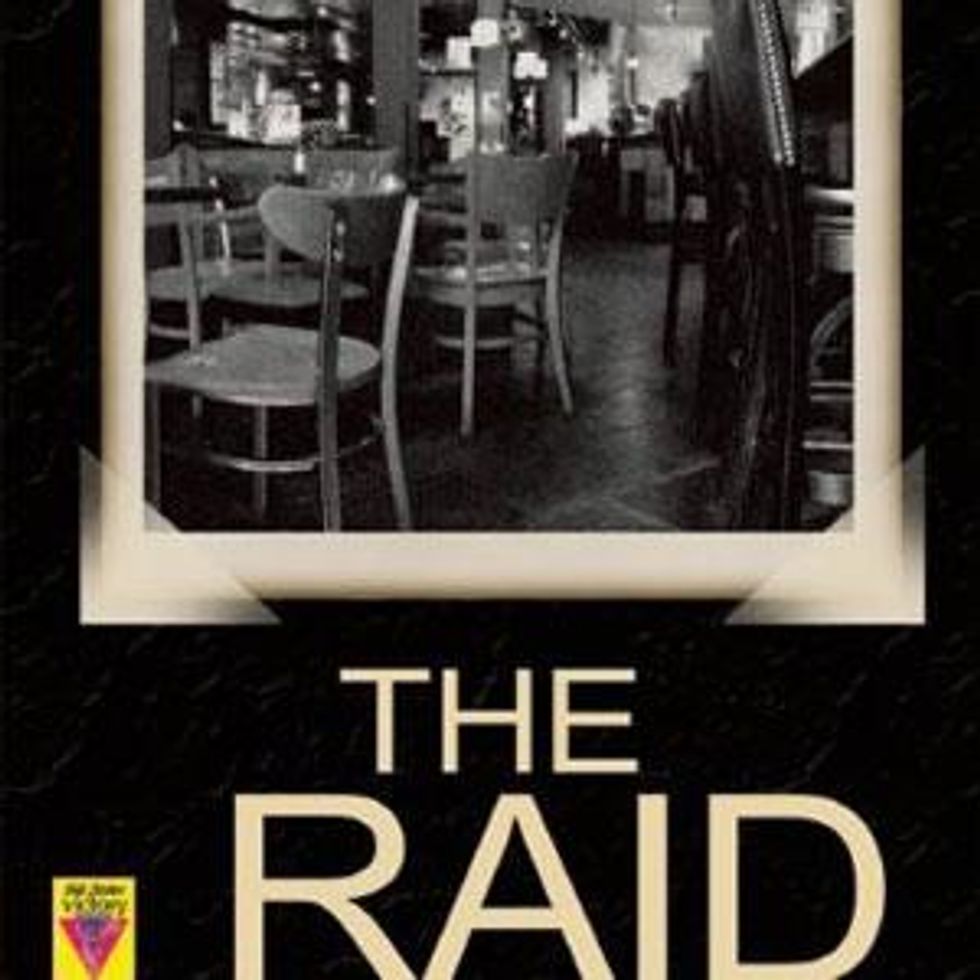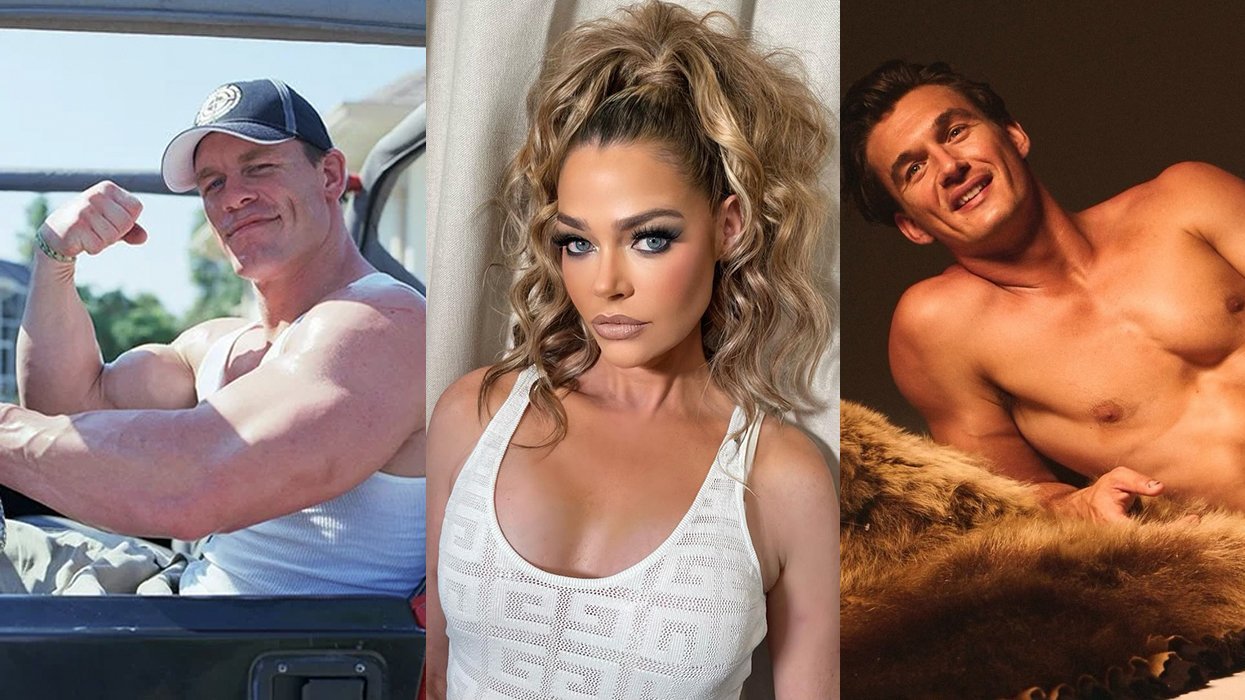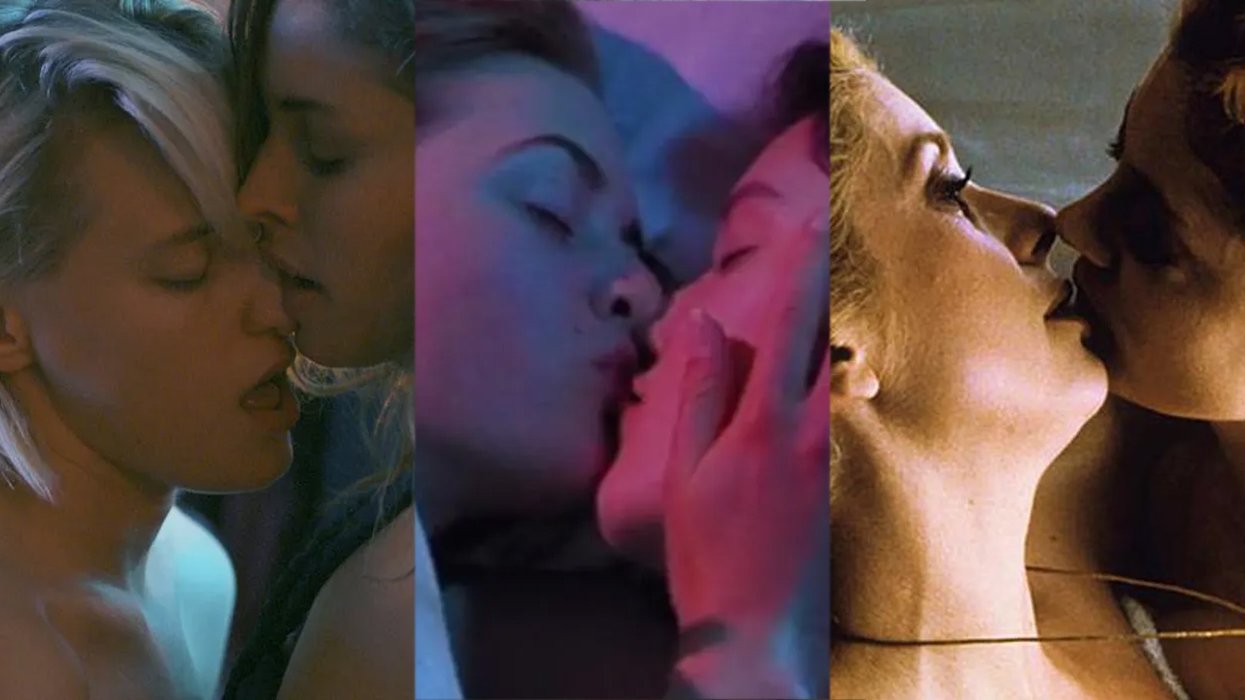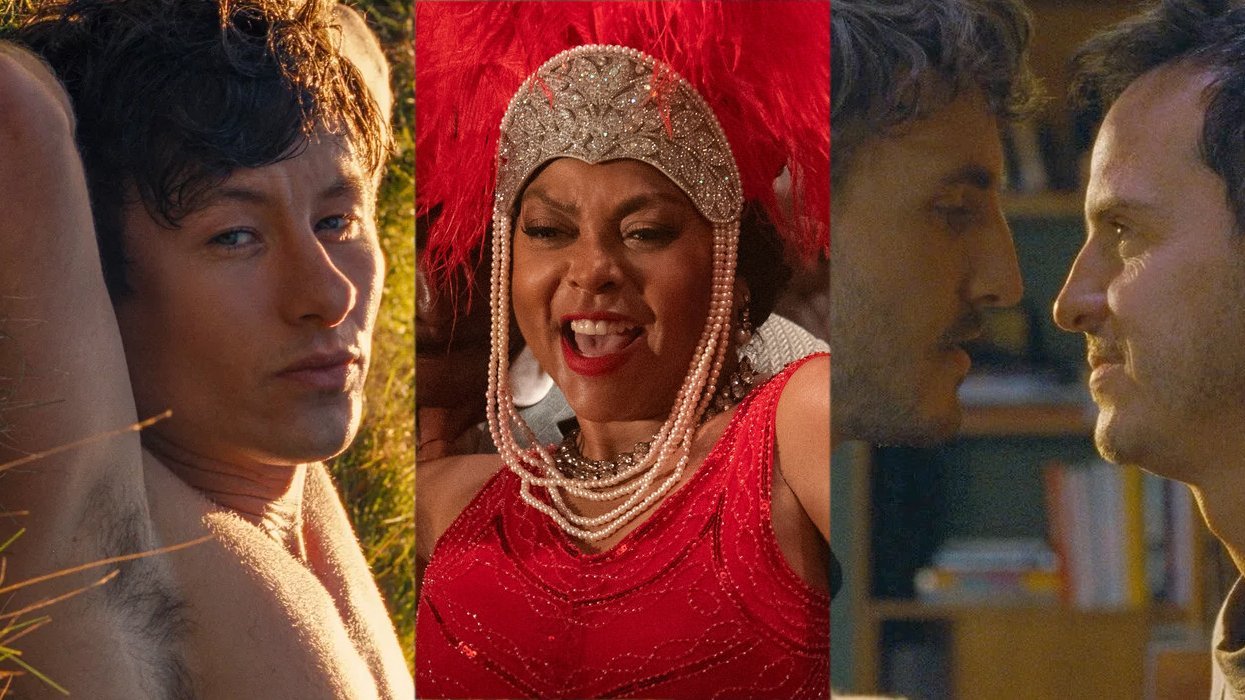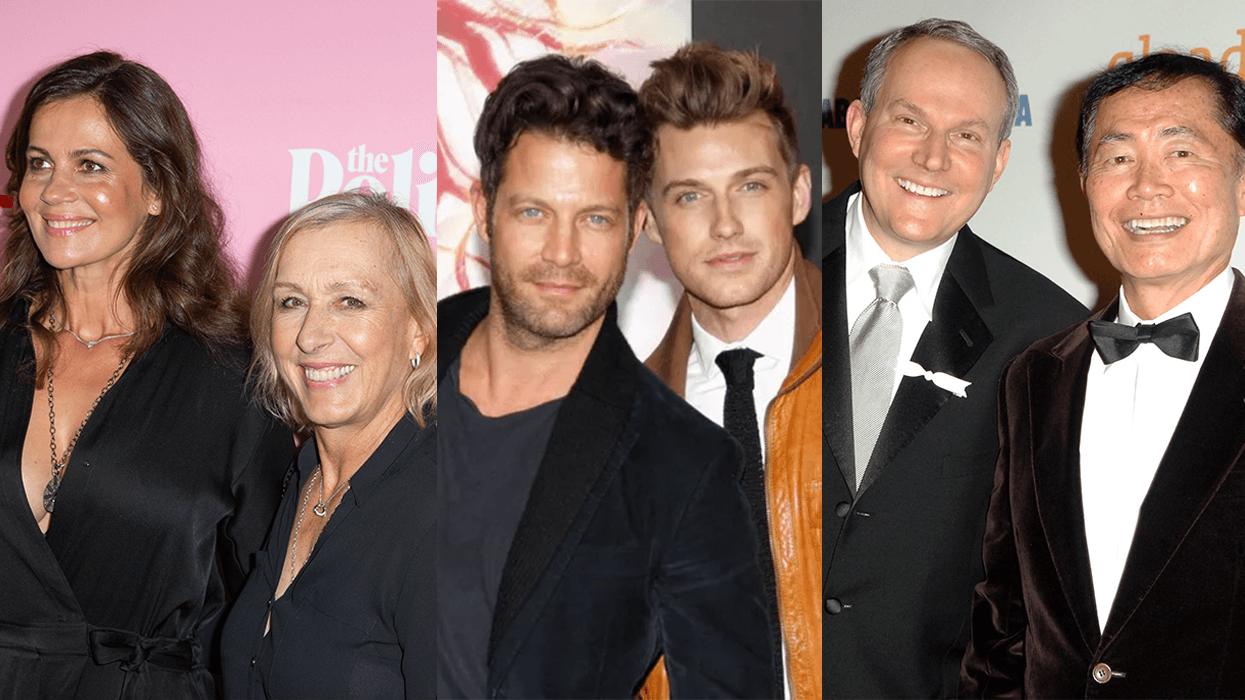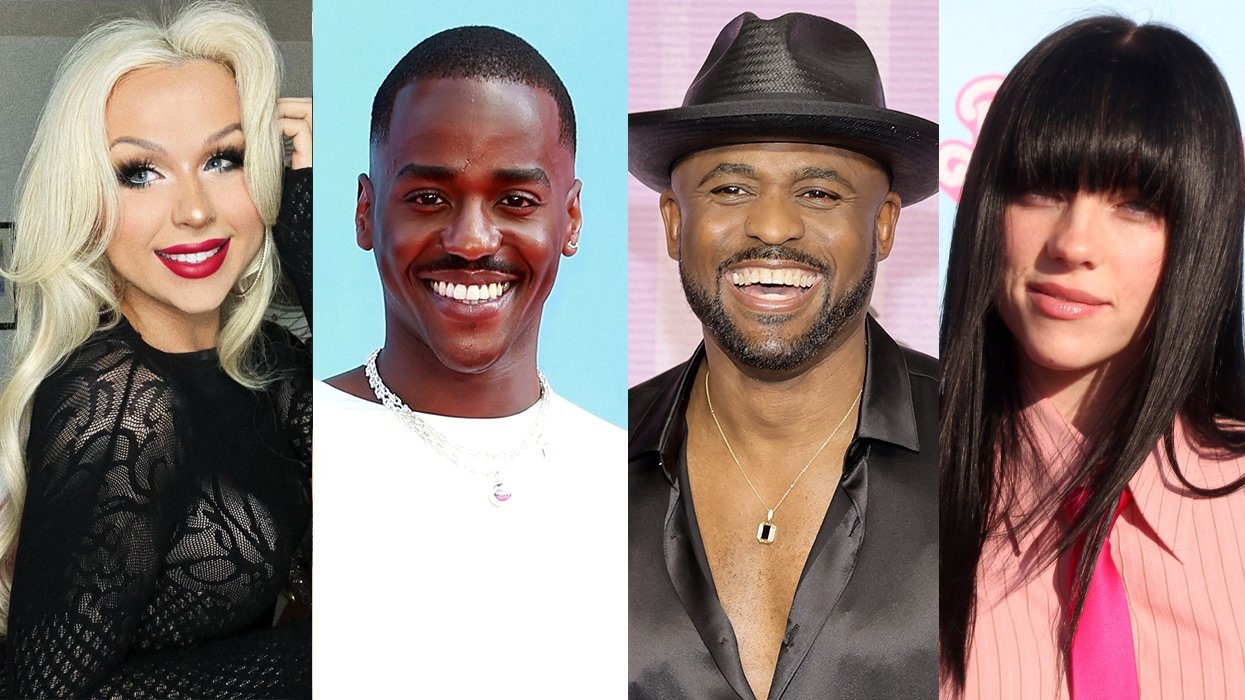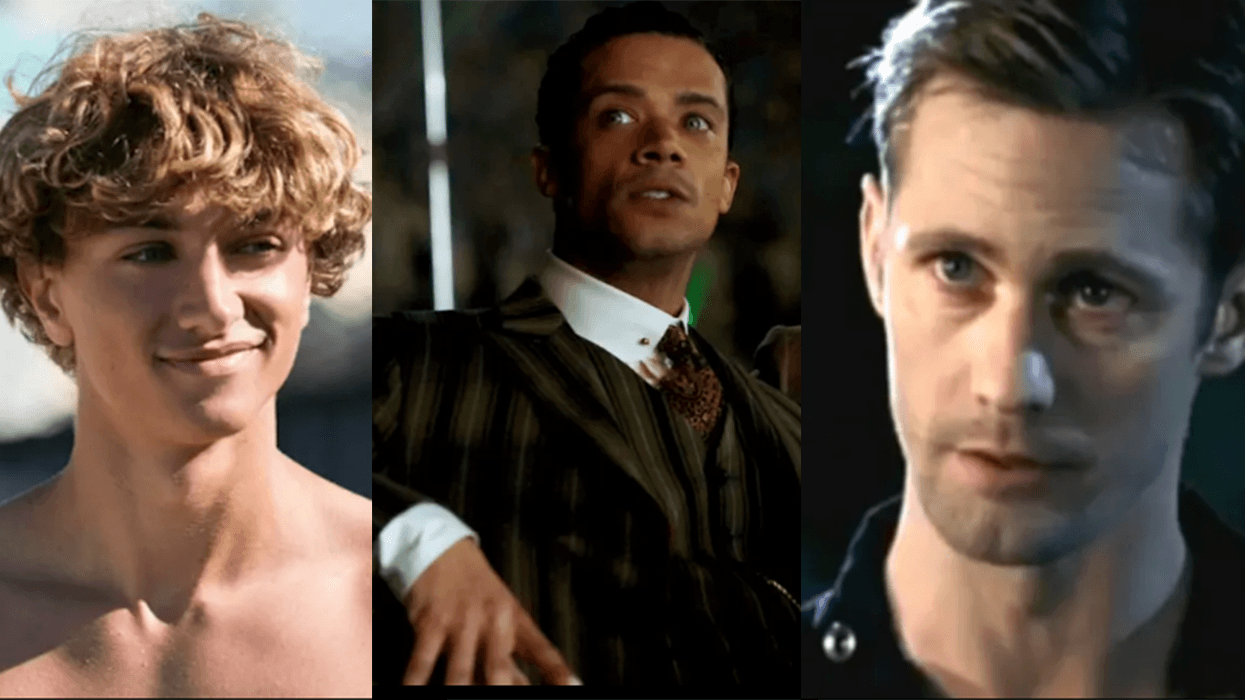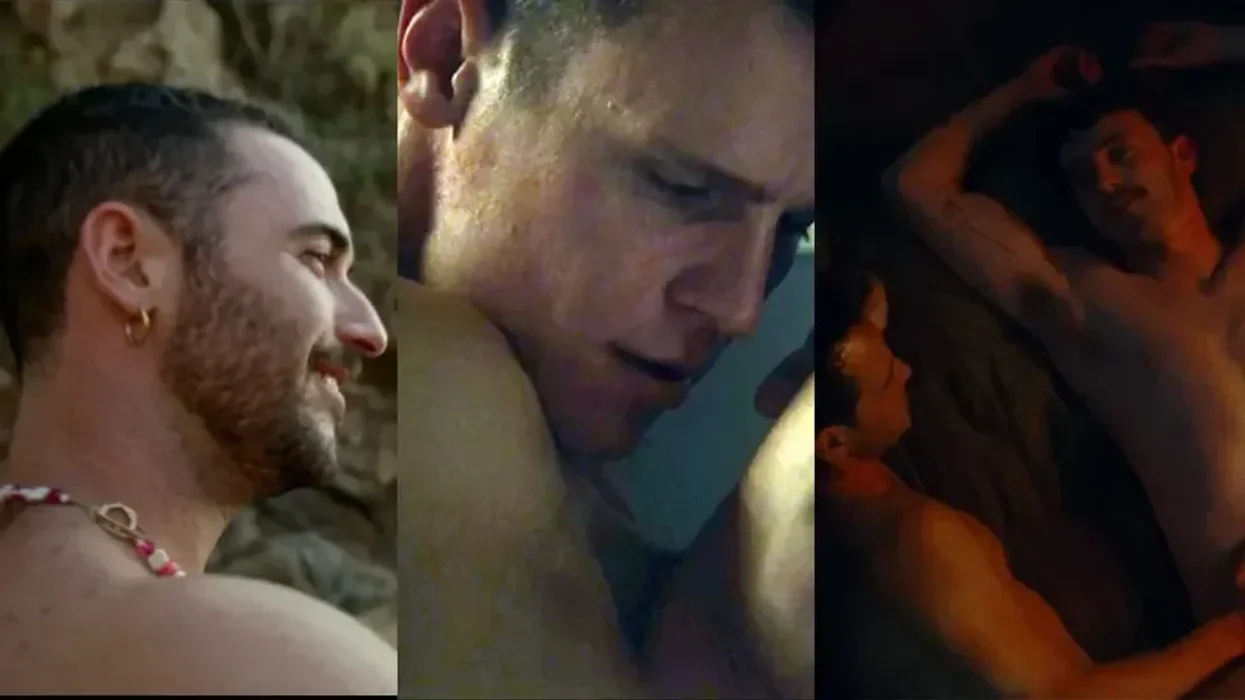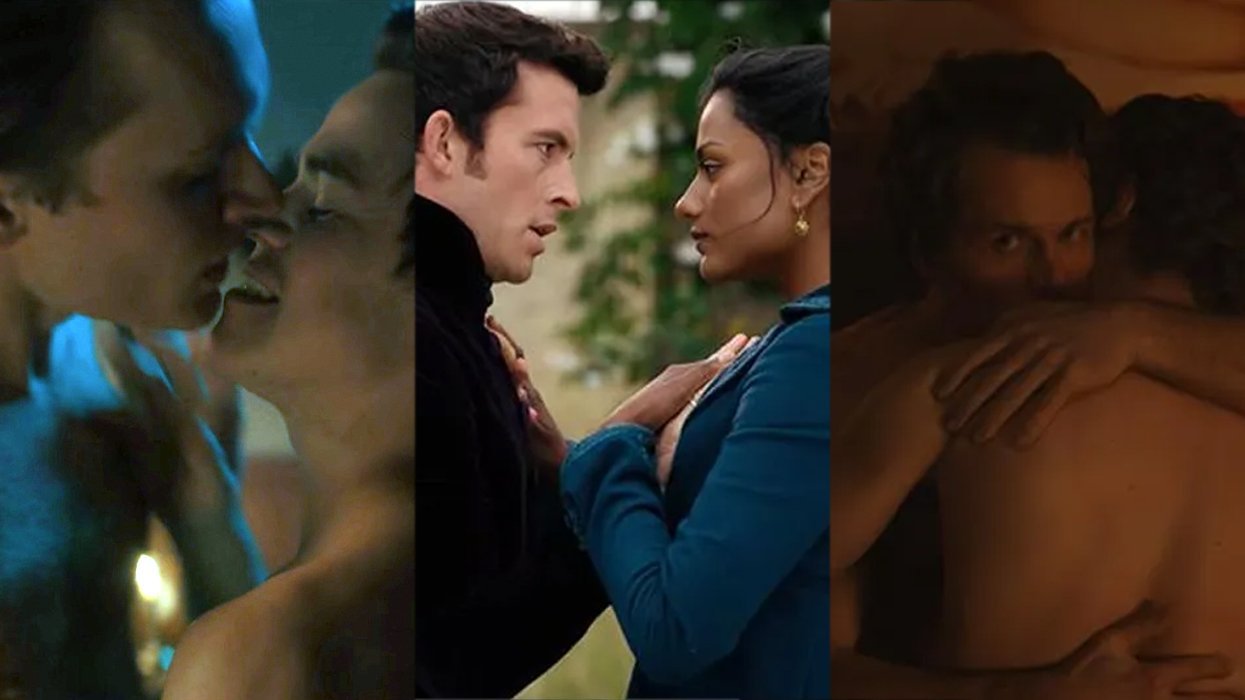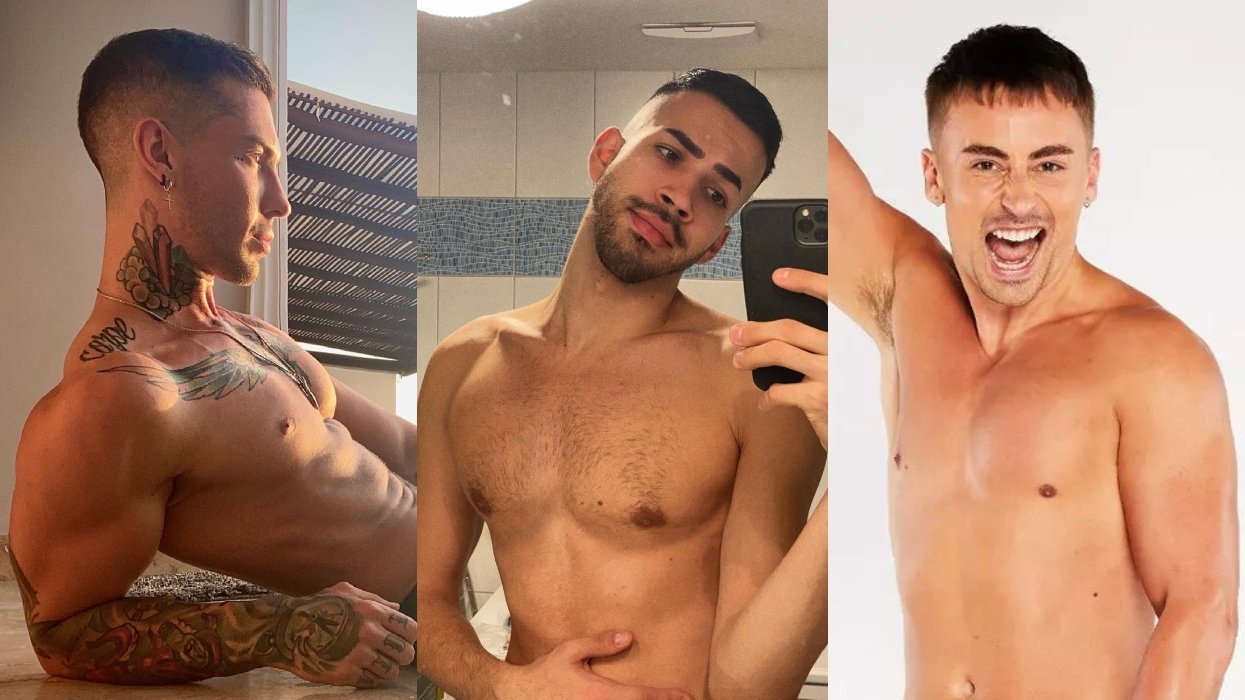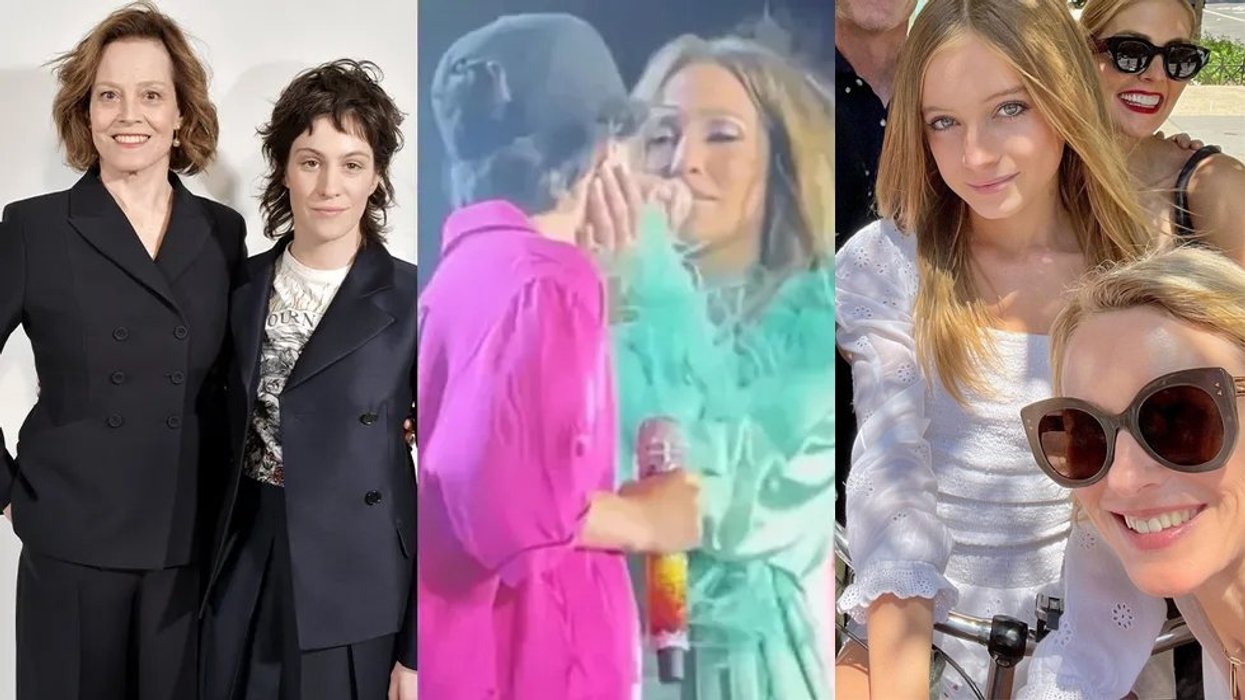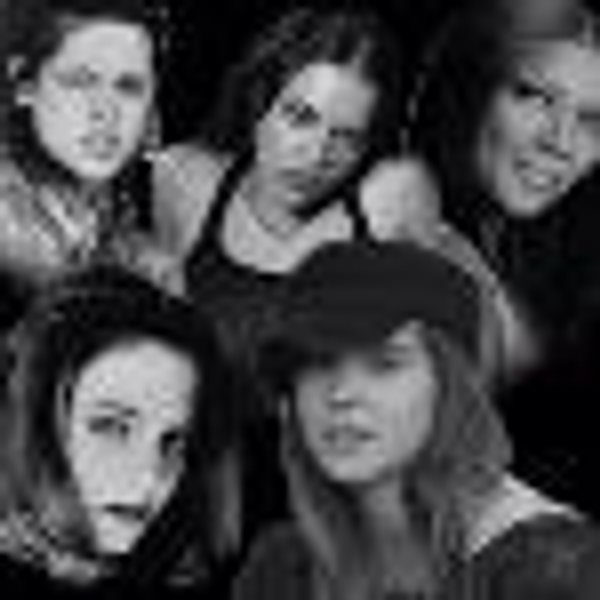All Rights reserved
By continuing to use our site, you agree to our Private Policy and Terms of Use.
As part of our effort to profile more authors within the LGBT community, we present Lee Lynch.
Lee has been proudly writing lesbian stories since the 1960s when she was a frequent contributor to The Ladder, the only lesbian publication at the time. She went on to publish over a dozen books. Her backlist is becoming available in electronic format from Bold Strokes Books. Lee’s recent short stories can be found in Romantic Interludes (Bold Strokes Books) and Women In Uniform (Regal Crest), and her reviews and feature articles have appeared in such publications as The San Francisco Chronicle, The Advocate and The Lambda Book Report. Lee’s syndicated column, The Amazon Trail, can be found on the Bold Strokes Books MySpace Blog.
Lee was honored by the Golden Crown Literary Society (GCLS) as the first recipient (for The Swashbuckler) and namesake of The Lee Lynch Classics Award, which honors outstanding works in lesbian fiction published before awards and honors were given. She also is a recipient of the Alice B. Reader Award for Lesbian Fiction, the James Duggins Mid-Career Author Award, which honors LGBT mid-career novelists of extraordinary talent and service to the LGBT community, and was inducted into the Saints and Sinners Literary Hall of Fame. In 2010, her novel Beggar of Love received the GCLS Ann Bannon Readers’ Choice Award and the ForeWord Magazine Book of the Year Bronze Award in Gay/Lesbian Fiction. She has twice been nominated for Lambda Literary Awards and her novel Sweet Creek was a GCLS award finalist. She lives in rural Florida with her wife.
Find out more about Lee on her website, and buy her other works from Bold Strokes Books.
The following excerpt is from her upcoming book, The Raid, from publisher Bold Strokes Books:
St. Patrick’s Day 1961
Sunlight fought its way inside the Old Town Tavern through a big rectangle of glass bricks that replaced the plate-glass window vandals had cracked. JoJo was tending bar, a pint-sized woman in perpetual motion who wore her black hair like Elvis Presley’s and had the same bruised look around her eyes. The black frames of her glasses matched her hair.
Norman waddled out of the kitchen. Always in a pullover sweater, white shirt, and cuffed slacks, he never missed an opportunity to bat his long dark eyelashes, roll his eyes, make suggestive remarks to the male customers, and otherwise present himself as a typical bar queen, complete with his perfume du jour, usually Shalimar. A little too round in the middle to successfully pull off a feminine walk, he always gave it his best shot. With JoJo, Norman kept the bar as immaculate as a bar could be kept. The outside of the glass bricks he left dirty to further obscure what went on inside, hopeful the frat boys and football bulls wouldn’t pester the customers.
A group of Cub Scouts trudged past, completely out of formation, giving occasional gap-toothed smiles and waves of their tiny American flags. Behind them, also mostly gap-toothed, a contingent of Spanish-American War, and maybe even Civil War, veterans rode on a float—red, white, and blue garlands around their necks, slightly larger flags in their hands.
Firemen rang the large bells on their trucks as they brought up the rear of the parade.
This was Northwestern Massachusetts in its patriotic glory. I loved it. Most of it.
JoJo made for the pay phone in the hallway. Originally from California, and estranged enough from her family that she wanted a whole continent between them, JoJo was quiet and a great listener even on the go. She picked up the phone, then paused.
“Gone,” Murph called back to her from where she slumped at the bar in her well-tailored vest, a glass of ginger ale in front of her, sleeves rolled up, right arm swathed in gauze to the elbow.
Almost every year the Old Town and its customers were harassed by youngsters or drunks along the parade route. Murph was giving the all clear that today’s set of hecklers had left.
Murph, Murph, Murph. How could anyone ever forget Murph? Slacks creased to an eye-catching edge, cuffed shirts that wouldn’t dare wrinkle; hair dense, dark, swept back; she was city-pale and handsome, an unpolished yet dapper forty-something, hoarse from shouting over machines at work and telling stories in the bar.
The Old Town Tavern was Girolami Avenue’s neighborhood—and gay—hangout. The locals pronounced Girolami wrong, and the hordes of students that helped the neighborhood thrive didn’t bother to try; they knew it as The Avenue. The bar itself was located in an undistinguished brick building, never packed, often lively. Treed older homes, small shops, Hansfield College, the railroad station, and a private hospital completed the neighborhood. The bar’s entrance sat smack-dab at the corner of The Avenue and College Street.
Earlier, at the start of the parade, JoJo had stood in the open doorway to let fresh air sweep out the smells of smoke and alcohol and Mr. Clean. Norman adored the image of Mr. Clean. JoJo marched in place as a band, all booming drums and shrill horns, passed the row of shabby storefronts across the street.
Now, as JoJo returned to the bar, Murph said, “Such a fine parade they run in Hansfield. Did I ever tell you about the time—?”
“Probably.” JoJo threw a grin my way as she popped back behind the bar at top speed. A tremor shook the building and went on and on as a train hauled freight right through Hansfield Station. The bottles lined up against the mirror always clinked a bit.
Murph seemed to be at half-mast already. She slurred her words, not from drink, but from working a double shift at the hospital laundry. She removed her Scotch-plaid blazer and, with work-reddened hands, carefully hung it on the back of the bar stool. Her clothes carried the faint scent of Bay Rum, the men’s cologne. We all wondered where she got such neat duds, as they fit so well they had to be custom-made. Some people spent their money on the ponies, some on booze; I thought this was where Murph’s money went, to a sympathetic tailor. The Avenue remained relatively quiet between bands; Girl Scouts trudged by, nearing the end of their route.
Murph took a swallow of ginger ale. She was born right in The Old Town Tavern section of the city, yet came across as Irish as if just off the boat. She moved into her characteristic story-telling stance, head up, leaning over the back of a molded plywood bar stool, glass in hand. Many drinks she’d upended when The Old Town Tavern got crowded, waving her arms so emphatically she’d learned to turn her back to nearby glasses. The rest of us kept our reflexes toned by catching flying drinks. A tuba blasted outside. Through the door, I could see a young man holding a beer mug with one hand, getting sick into a green bowler hat. I turned away, my stomach queasy.
More on next page...
\\\
(continued)
“Listen,” Murph said, “I marched in the St. Paddy’s Day parade in Boston. Nineteen fifty.”
I could picture her. Murph looked taller than her height because her bearing could have been military, if she’d been a man. Her eyes were nothing like a soldier’s, though. They had a sad slant belied by a crouching humor always ready to pounce into action. Murph loved to laugh and to make everyone around her do the same.
“I lived outside Boston, working a god-awful job. I looked forward to my once-a-week Girl Scout troop meeting. And never mind rolling your eyes at me behind my back, JoJo. To this day I can be trusted with a troop of girls. And hell, I was only twenty-four and in love with the other leader. She was my boss’s wife, little and pretty and wonderful with kids. I taught them how to build fires, chop wood because I grew up camping out.”
She told the story in her rough voice with a sigh and a smile.
“Give me another ale, will you?”
“Don’t tell me she let you march in the parade,” Norman said.
“She made a mistake all right. Here I am, wearing the old Girl Scout leader uniform, a drab and shapeless green dress, marching up the street as proud as I could be. From the sidelines I hear whistling and cheering to beat the band. It was my gang from the gay bar, in green. They didn’t exactly look like Scouts. Green derbies and ties it was, and these were women. ‘Don’t she look cute in drag!’ they’re yelling. I can’t describe the terror. I didn’t know if I’d be better off running or ignoring them. Didn’t they understand this could ruin me? I wished I could wrap myself in the flag and not take it off till I got home. I bore their bedeviling till my co-leader asked, ‘Who are they?’ I about-faced then and melted into the crowd. Aw, I knew all along I didn’t belong with those nice people. I never went back to my job, much less the troop.” She gave a dry laugh. “I’d never touched a woman, but knew what they’d think.”
For all her bluff and bluster, Murph could be extraordinarily shy. Part of that, I suspected, came from self-consciousness about her odd-colored teeth, some of which were missing. Irish teeth, she called them, and blamed them on the generations who had to get by on soft potatoes and poor dentistry at best. The way she back-pedaled when anyone tried to get near her made me wonder if she’d ever been with a woman in anything but her dreams.
“We love you, Murph!” said a rosy-skinned regular at the bar. He held a martini with some delicacy, but he wasn’t gay. He’d come from the Philippines as a kid and stopped in every day on his way home to his wife and daughter. We’d all seen wallet photos of the three of them skiing. Murph gave him a big smack on the cheek befitting The Old Town. He hugged her.
The Old Town Tavern drew a delightful mix of customers, many of them graduates of the college. Some wore heavy, dark-rimmed glasses, and their hair, under striped railroad caps or black berets, tended to be a bit too long and mussed up for squares. They brought girlfriends with earrings that dangled under long straight hair, and they all played whatever jazz they could find on the juke box. The men dressed in denim and army-navy surplus jackets. In the warmer months the women’s pants, in odd geometric patterns, ended below their knees. Another customer was a doped-up painter who wore droopy chinos smeared like a palette. Sometimes store owners from the little neighborhood businesses would lock up and quickly visit the cigarette machine in the bar, then return later for a drink.
The long cry of a train arriving at the station came through the door with Lisa Jelane. Head high, she stood silhouetted in the doorway and glared at the hecklers, who had returned. Over her long black wool coat her hair was the shade of sparkling apple cider, center-parted so it curled inward, under her jaw. She wore a black skirt and a patterned green top that flattered her soft, resigned-looking blue eyes. An ever-present brown leather purse hung on a long strap from her shoulder. I’d have given a million dollars to trade places with that purse of hers.
Lisa didn’t have to say a word. Her stance was enough to shame the hecklers and they melted into the crowd. She turned and made her regal entrance. Whenever I saw Lisa Jelane in a bar it was like spotting President Eisenhower at a Cub Scout meeting. Maybe John Kennedy too, though I hadn’t seen enough of him yet to know. Broad-boned and a spare five foot eleven, she had the face of an Irish goddess. Lisa told us that the ring she wore represented the Celtic goddess Danu, mother of magic and the fae. The fae are supposed to remain in Ireland, an invisible race of magical, ever-youthful beings. To tell the truth, they sounded like gay people to me.
Want more breaking equality news & trending entertainment stories?
Check out our NEW 24/7 streaming service: the Advocate Channel!
Download the Advocate Channel App for your mobile phone and your favorite streaming device!








































